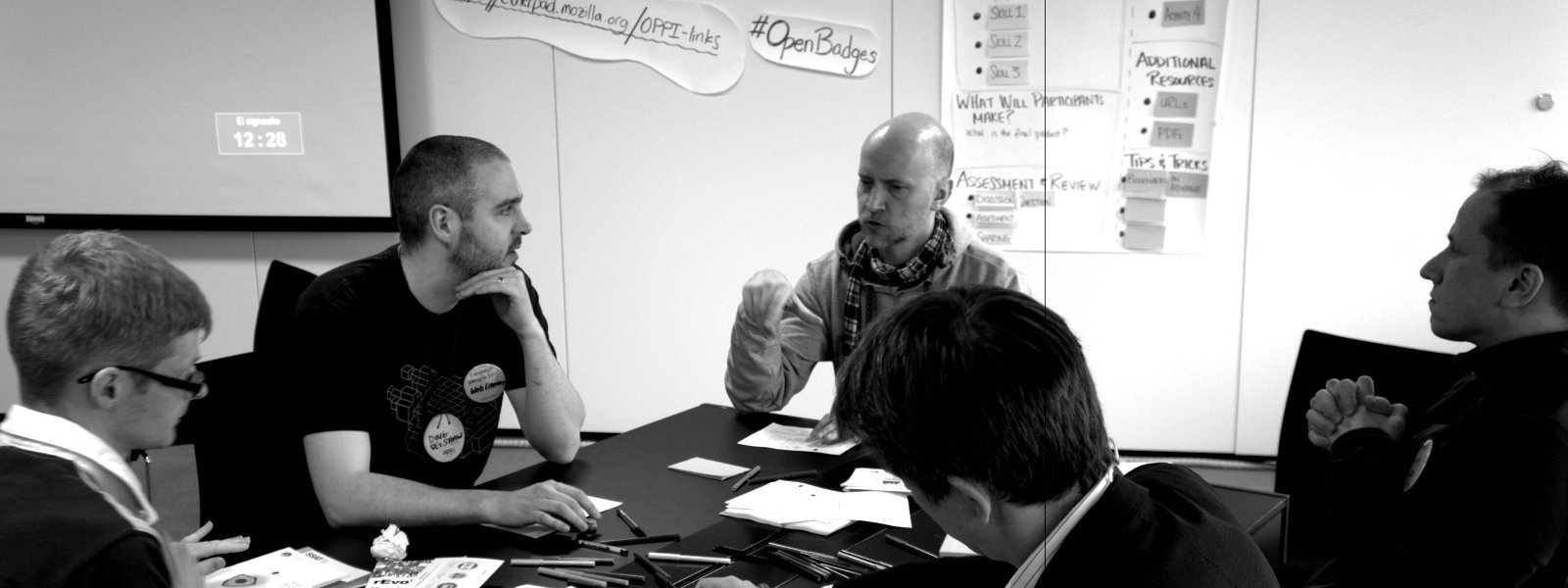What’s the project?
Never mind the day job, what’s your project? What dent are you trying to make in the universe? How are you making the world a better place?
Here’s Vinay Gupta’s about page with one of the clearest meta-level lifelong goals I’ve seen:
I am trying to keep you alive.
There are lots of threats which governments are either ignoring or causing. I am filling in the gaps.
I’m currently reading his blog post archive. It’s such a rich seam that I’m only a couple of years through. I really like the way Vinay rabbitholes on something but then zooms back out to see the bigger picture.
For example, here’s what he had to say in August 2008 in a post entitled Making course corrections:
Deep reexamination of my field of projects, figuring out what stays and what goes, what prospers and what should be killed.
I’m feeling very close to the end of this round of work on household infrastructure and called back towards the state level infrastructure stuff.
I like the idea of seeing oneself as a (networked) one man think tank. However I tend to over-rotate on a single piece of a larger jigsaw puzzle, missing how all the parts fit together. Perhaps I need to sort out my information aesthetics:
I’ve been doing a broad “read the highlights” strategy now for about 10 years, with occasional binges of hundreds-of-pages-a-day web scraping. In theory this social software stuff ought to make that process less time consuming. Instead, what happens is that it becomes more rewarding, producing greater connectedness with the high-level good-stuff in other fields, because of the prefiltering and information percolation functions, resulting in greater and greater rewards for maintaining a hyper-extended awareness of the network feeds.
And the task can’t be effectively farmed, because no two people have identical information aesthetics. Nobody knows that I have a puzzle that requires… XYZ to fit the pieces together – and if I could express XYZ, I’d already have XYZ, and there would be no issue.
At some level, there’s no substitute for reading the stream yourself, and that gets to be overloading. A task that plausibly can’t be collectivized, and probably can’t be mechanized without implying a Strong-AI system.
That, to me, implies that this kind of feed-monitoring, world-modelling function will become a profession. It probably won’t be called Blogger, but I think it’s clear that far-sighted organizations would have people in the Crow’s Nest, looking all over the world, looking at the future, modeling.
I’d need to get in that Crow’s Nest more often. Thankfully, Vinay’s got some thoughts on how to do that:
If you want to change the world, get serious, get educated, and get to work. Pick a problem, whether it’s water quality or organic agriculture, and get good and educated. A lot you can get online – start with TED talks for an overview, then progress to UN reports and similar documents. It might take a year or two to master the language and get a sense of what’s going on in the field because, well, it’s a hobby – you’re doing this in the time you might be fishing.
I’m really interested in the work being done around learning pathways at the moment, especially by the team being led by my colleague Chloe Varelidi. I think I’m going to start paying more attention to that. It might not change the world on the level that Vinay’s aiming at, but if it improves the way people learn it’s got to be a good thing. 🙂



![Rethinking Literacy for the Web [Educating Modern Learners]](https://dougbelshaw.com/blog/wp-content/uploads/2014/04/speed.jpg)